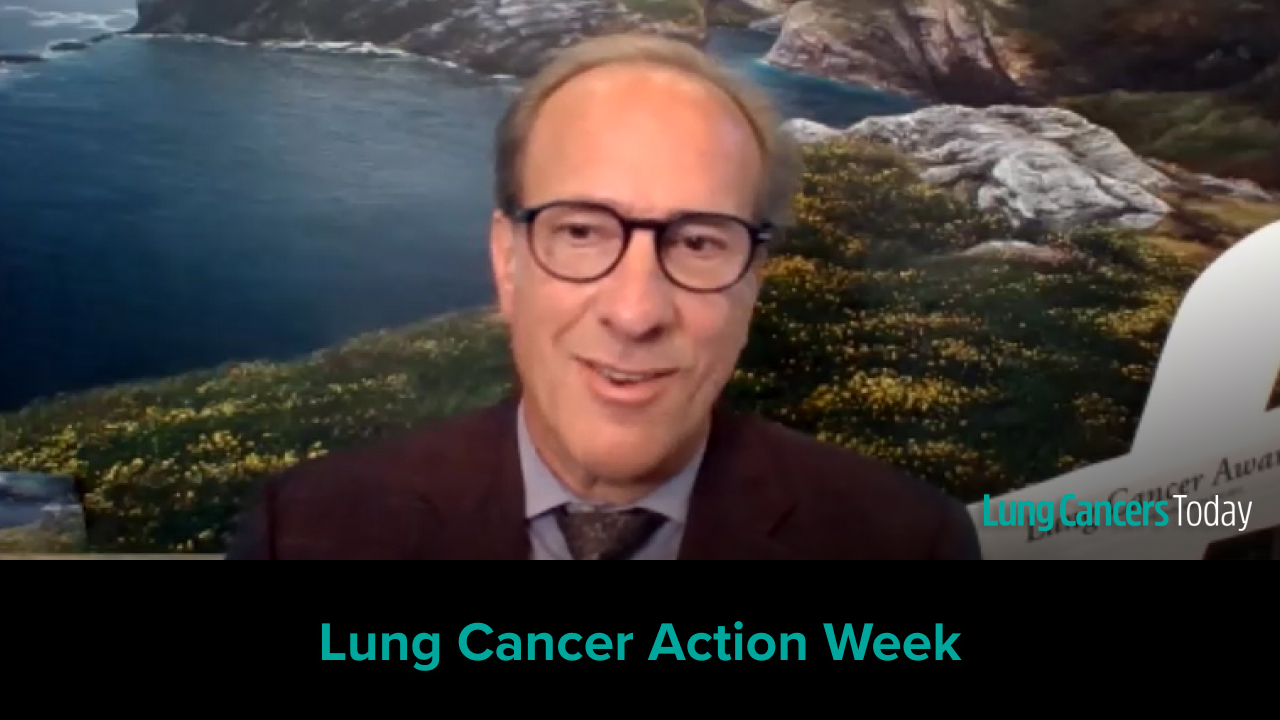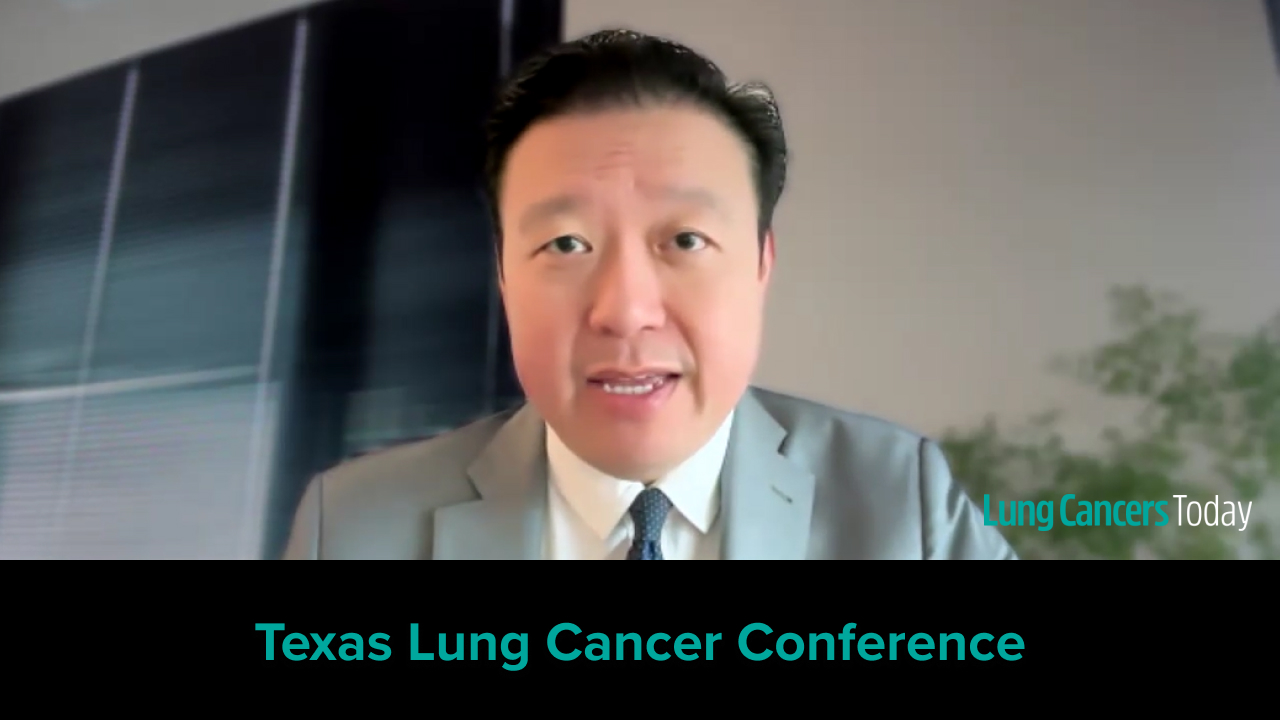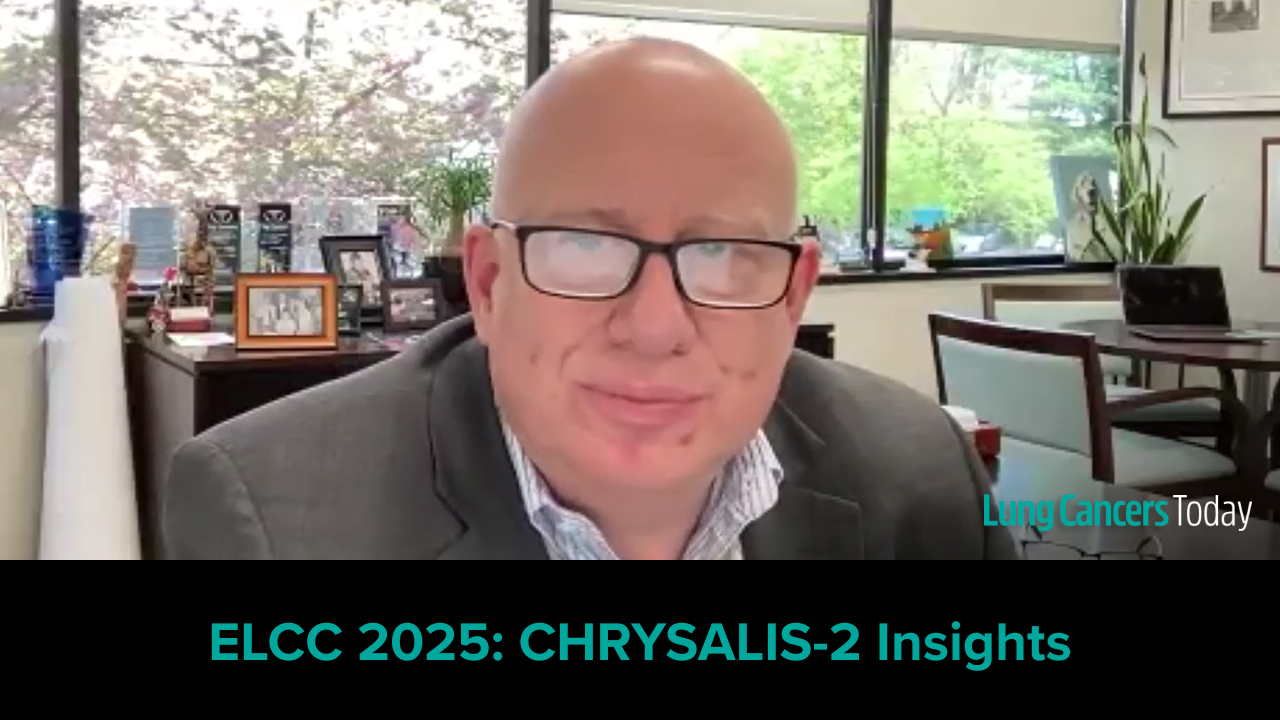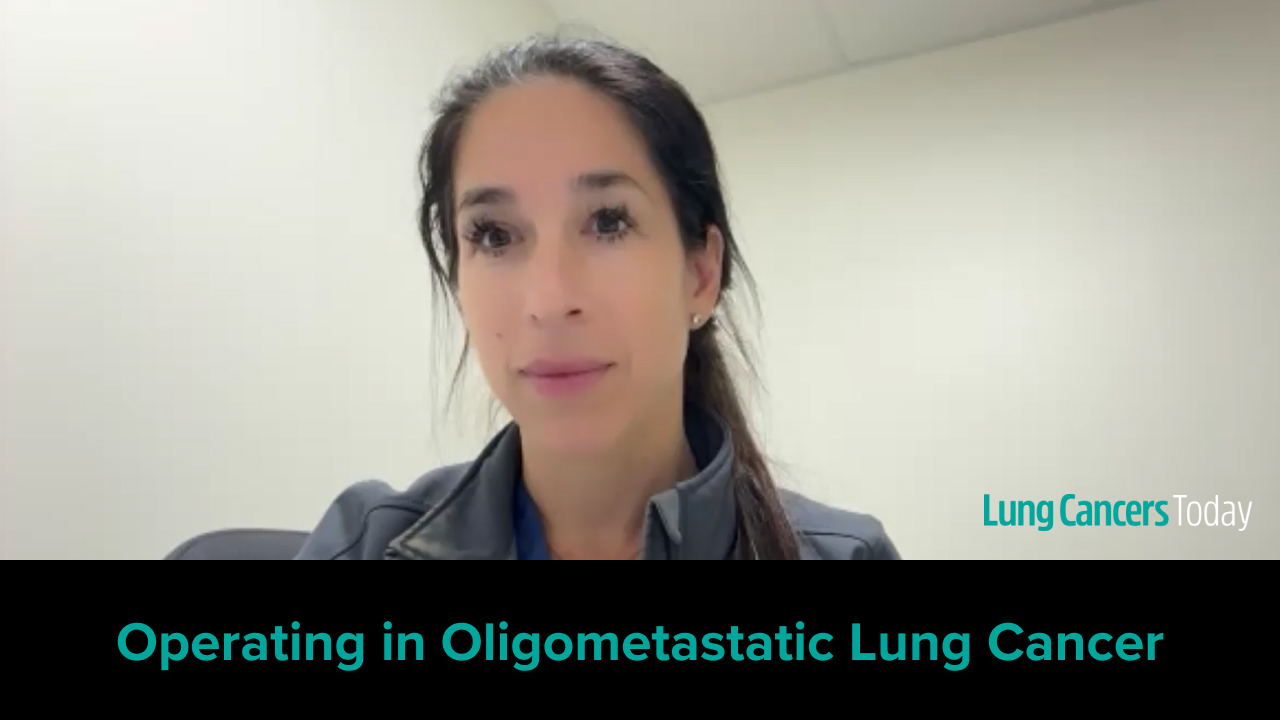Jamie Studts, PhD, on Inspiring Action, Engagement During Lung Cancer Awareness Month
By Jamie L. Studts, PhD, Cecilia Brown - Last Updated: November 8, 2024Jamie L. Studts, PhD, of the University of Colorado Cancer Center, joined Lung Cancers Today to discuss Lung Cancer Awareness Month and why it represents a critical opportunity to drive action and engagement.
“We often refer to November as Lung Cancer Awareness Month, but I like to think of it as Lung Cancer Engagement Month. There are so many wonderful things happening that support our community during this month,” Dr. Studts said. “We are having celebrations of lung cancer survivors, from grassroots to hospital-based to statewide entities and organizations, and even national organizations, that contribute to the dialogue of normalizing the communication and discussion of lung cancer.”
Lung Cancer Awareness Month also includes National Lung Cancer Screening Day, which will take place this year on Saturday, November 9.
“Many of our lung cancer screening programs open up on a Saturday in November to expand access, but also to build engagement, to raise awareness, and to communicate to the public that lung cancer screening is an opportunity for individuals who are eligible,” Dr. Studts said, noting that the day is a chance to “support those individuals at-risk and bring more of a community feel to how we interact with those individuals who are at-risk, as well as the lung cancer survivor community,” he said.
With lung cancer screening and the evolving treatment landscape for lung cancer, it’s important to recognize that “we can have legitimate and rational hope for long-term survival, for better outcomes, for better quality of life, and well-being for those individuals who are diagnosed as well as their families and communities,” Dr. Studts emphasized.
However, he explained that “a lot of that is contingent or at least aided by changing our societal perspectives on lung cancer,” which makes it critical to address perceptions surrounding lung cancer.
“We’ve made tremendous progress about reducing the burden of lung cancer through smoking, risk reduction strategies and cessation, but this has left us with a climate where individuals who have smoked often feel blamed or shamed,” Dr. Studts said. “Based on that history, it’s important to note that smoking is not the only cause of lung cancer, and there are others out there. Some of the downstream consequences of that belief system in our society is that individuals who are either at risk or have been diagnosed with lung cancer often don’t experience the same level of societal support or empathy or compassion as individuals diagnosed with other types of cancer.”
However, he explained that there are actions that researchers and clinicians can take to address these perceptions, such as addressing stigmatizing or fear-based language and imagery associated with lung cancer.
“As we grow and modify our perspectives on lung cancer, we can help by attending to the words we use to describe lung cancer and the imagery that we use to describe lung cancer,” Dr. Studts said.
Helping to “complexify” the communication to the public about lung cancer can also help address misconceptions and stigma, he said.
“It is not as simple as the two things that our society knows about lung cancer, which is it’s caused by smoking and the outcomes aren’t good,” Dr. Studts said. “When we recognize that those aren’t the full story, we enrich our understanding of lung cancer.”
Overall, the month represents a critical time to inspire action, engagement, and hope.
“Lung Cancer Awareness Month, or as I like to say, Lung Cancer Engagement Month, can help us communicate to our society… that lung cancer outcomes are improving,” Dr. Studts said. “We have better treatments, we have screening, we have better diagnostic strategies. We have better symptom management strategies, and, in many ways, lung cancer research is leading the entire field of oncology toward better outcomes. That enthusiasm infuses hope and can really change how our society thinks about lung cancer and those individuals who are affected by the diagnosis.”







 © 2025 Mashup Media, LLC, a Formedics Property. All Rights Reserved.
© 2025 Mashup Media, LLC, a Formedics Property. All Rights Reserved.